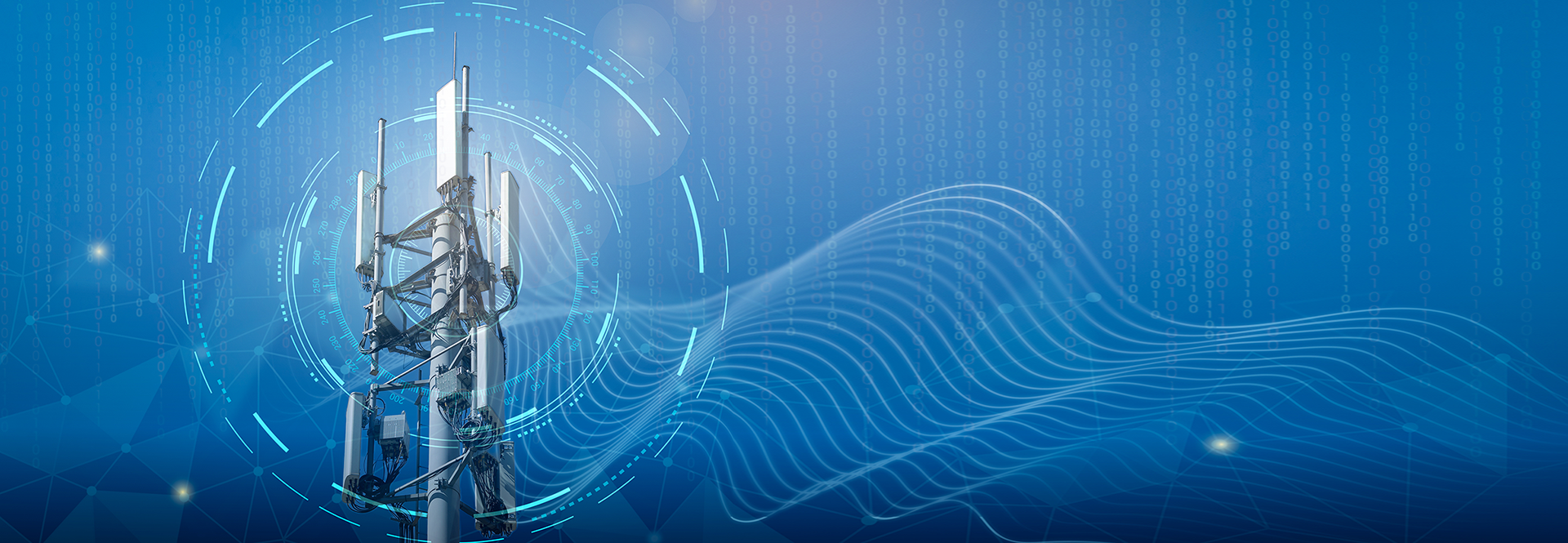What is 5G?
5G – short for fifth generation mobile network – is the newest global wireless standard following 4G LTE. But it’s far more than just faster internet. The 5G network has been engineered to deliver:
- Increased speed – download and upload speeds up to 10x faster than 4G
- Lower latency – near-instant responsiveness (as low as 1 millisecond)
- Greater capacity – supports thousands of connected devices simultaneously
- Improved reliability – even in crowded areas or mission-critical environments
In practical terms, 5G unlocks a wide range of real-time applications for business—from HD video conferencing and cloud-based collaboration to IoT-powered smart buildings, connected fleets, and edge computing.
3G Sunset
The decision to phase out 3G is not only driven by its outdated nature but also by the increasing cost of maintenance. By shutting down 3G, mobile networks can redirect their focus and investments towards the newer, more advanced networks, paving the way for enhanced services. Vodafone is set to close its 3G network this year, initiating trials in Basingstoke and Plymouth before a gradual region-by-region sunset starting in June and aiming for a complete switch-off in December. EE and Three have similar plans scheduled for the next year, while O2 is yet to disclose any switch-off plans.
For the estimated 5.5 million mobile customers relying on 2G or 3G (according to Ofcom), change is imminent. While some mobile networks will still support 2G for a transitional period as a backup, users will experience slower speeds. However, Three network users won’t even have this option, as the company does not offer 2G, leaving them without service.
The impact of the 3G sunset extends beyond mobile phones to various devices relying on the network for data transfer, including e-readers, GPS systems, alarms, and more. Businesses need to take stock of their inventory now and identify devices that may soon face disconnection.
5G Coverage in the UK: Where Are We Now?
The UK’s 5G network is growing fast. All four major mobile operators—EE, Vodafone, Three, and O2—have launched 5G services across major cities and towns, with rural rollout continuing throughout 2025.
- Urban areas: 5G is already widely available across London, Manchester, Birmingham, Glasgow, and other key business hubs
- Suburban & rural areas: Coverage is expanding thanks to government investment and the Shared Rural Network (SRN) initiative
- Private: Businesses can now install private 5G networks on their premises for enhanced speed, security, and control
Want to check availability in your area? Speak with your telecoms partner to explore business-grade solutions.
How Can UK Businesses Benefit from the 5G Network?
The possibilities go far beyond mobile phones:
- Remote Work Reinvented: Seamless video, voice, and file sharing—even in mobile or hybrid environments
- Enhanced Customer Experiences: AR/VR, immersive showrooms, and real-time service updates
- Smarter Operations: Real-time data from sensors and IoT devices to optimise supply chains, fleet tracking, and inventory
- Edge Computing: Processing data closer to the source for faster insights and reduced bandwidth costs
- Increased Uptime: Critical for sectors like healthcare, finance, logistics, and manufacturing
Is Your Business Ready?
Whether you’re a small enterprise or scaling fast, the 5G network offers a wealth of opportunities to improve connectivity, boost productivity, and drive innovation.
Contact us to assess your 5G readiness and unlock the benefits of next-gen mobile for your business.
